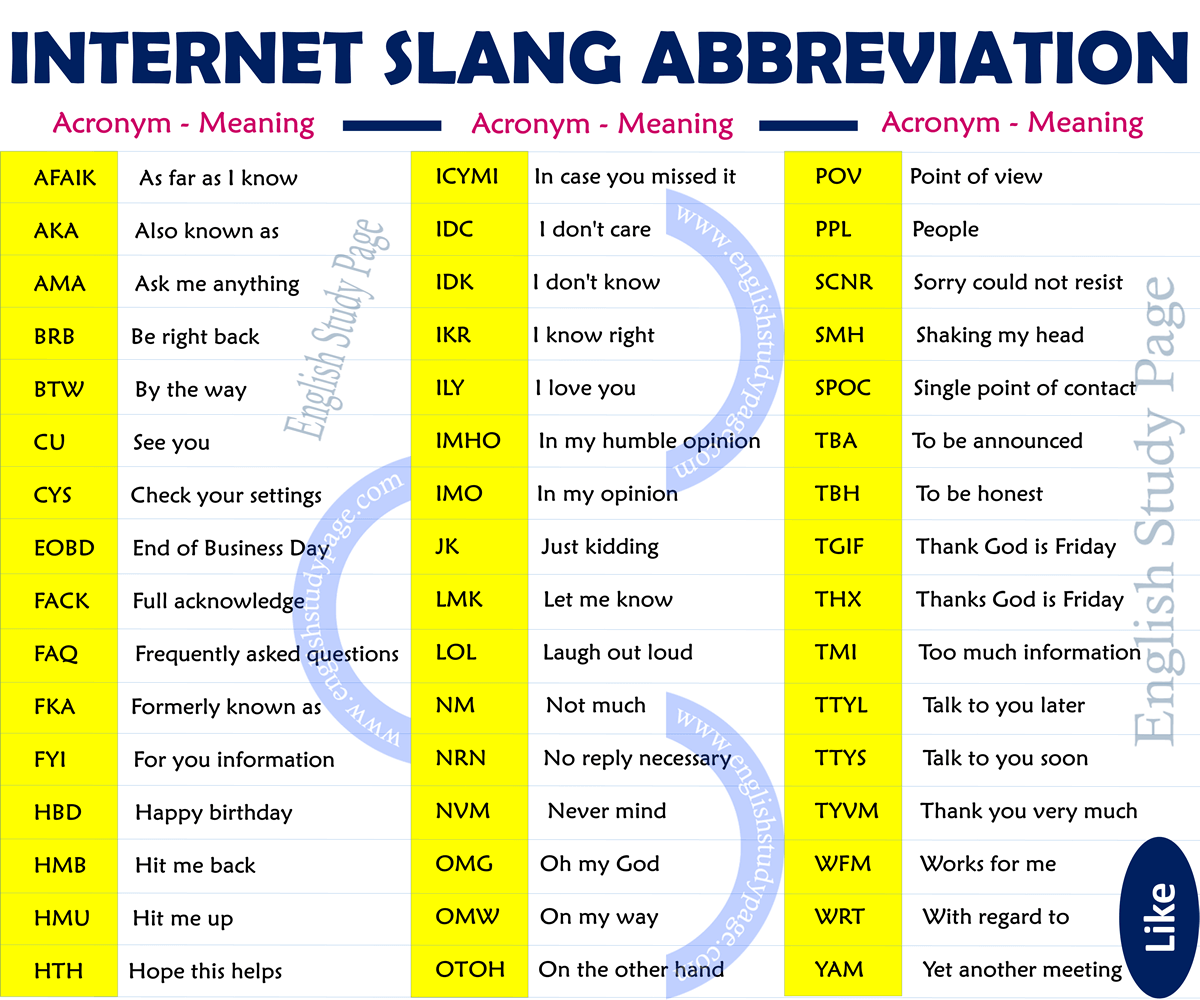

While many forms of lexicon may be considered low-register or "sub-standard", slang remains distinct from colloquial and jargon terms because of its specific social contexts. slang is on the edge." Slang dictionaries, collecting thousands of slang entries, offer a broad, empirical window into the motivating forces behind slang. it is often impossible to tell, even in context, which interests and motives it serves. Michael Adams remarks that " is liminal language. It replaces "a well-known conventional synonym." This is done primarily to avoid discomfort caused by the conventional synonym or discomfort or annoyance caused by having to elaborate further.
 "It's a taboo term in ordinary discourse with people of a higher social status or greater responsibility.". Its use implies that the user is familiar with whatever is referred to, or with a group of people who are familiar with it and use the term. It lowers, if temporarily, "the dignity of formal or serious speech or writing" in other words, it is likely to be considered in those contexts a "glaring misuse of register". Dumas and Jonathan Lighter argue that an expression should be considered "true slang" if it meets at least two of the following criteria: Attempting to remedy the lack of a clear definition, however, Bethany K. Some argue that slang exists because we must come up with ways to define new experiences that have surfaced with time and modernity. Linguists have no simple and clear definition of slang, but agree that it is a constantly changing linguistic phenomenon present in every subculture worldwide. Jonathon Green, however, agrees with the possibility of a Scandinavian origin, suggesting the same root as that of sling, which means "to throw", and noting that slang is thrown language – a quick and honest way to make your point. A Scandinavian origin has been proposed (compare, for example, Norwegian slengenavn, which means "nickname"), but based on "date and early associations" is discounted by the Oxford English Dictionary. The origin of the word is uncertain, although it may be connected with thieves' cant. In northern English dialect it meant "impertinence, abusive language". In Scots dialect it meant "talk, chat, gossip", as used by Aberdeen poet William Scott in 1832: "The slang gaed on aboot their war'ly care." By the early nineteenth century, it was no longer exclusively associated with disreputable people, but continued to be applied to usages below the level of standard educated speech. In it's earliest attested use (1756), the word slang referred to the vocabulary of "low" or "disreputable" people.
"It's a taboo term in ordinary discourse with people of a higher social status or greater responsibility.". Its use implies that the user is familiar with whatever is referred to, or with a group of people who are familiar with it and use the term. It lowers, if temporarily, "the dignity of formal or serious speech or writing" in other words, it is likely to be considered in those contexts a "glaring misuse of register". Dumas and Jonathan Lighter argue that an expression should be considered "true slang" if it meets at least two of the following criteria: Attempting to remedy the lack of a clear definition, however, Bethany K. Some argue that slang exists because we must come up with ways to define new experiences that have surfaced with time and modernity. Linguists have no simple and clear definition of slang, but agree that it is a constantly changing linguistic phenomenon present in every subculture worldwide. Jonathon Green, however, agrees with the possibility of a Scandinavian origin, suggesting the same root as that of sling, which means "to throw", and noting that slang is thrown language – a quick and honest way to make your point. A Scandinavian origin has been proposed (compare, for example, Norwegian slengenavn, which means "nickname"), but based on "date and early associations" is discounted by the Oxford English Dictionary. The origin of the word is uncertain, although it may be connected with thieves' cant. In northern English dialect it meant "impertinence, abusive language". In Scots dialect it meant "talk, chat, gossip", as used by Aberdeen poet William Scott in 1832: "The slang gaed on aboot their war'ly care." By the early nineteenth century, it was no longer exclusively associated with disreputable people, but continued to be applied to usages below the level of standard educated speech. In it's earliest attested use (1756), the word slang referred to the vocabulary of "low" or "disreputable" people. 

The word itself came about in the 18th century and has been defined in multiple ways since its conception. It also sometimes refers to the language generally exclusive to the members of particular in-groups in order to establish group identity, exclude outsiders, or both. Slang is vocabulary (words, phrases, and linguistic usages) of an informal register, common in verbal conversation but avoided in formal writing.








 0 kommentar(er)
0 kommentar(er)
